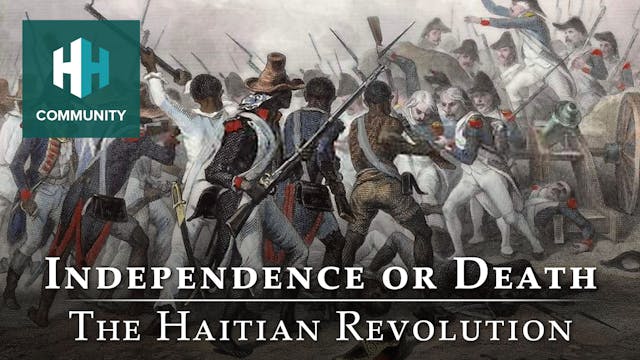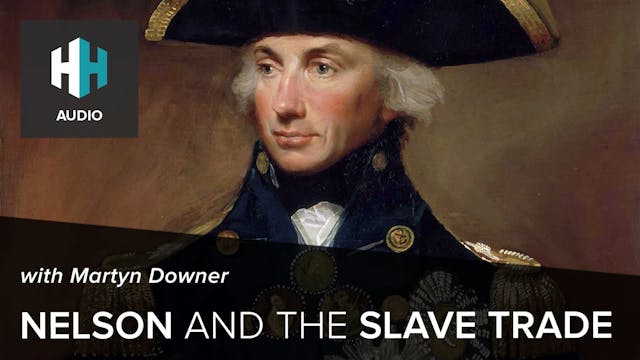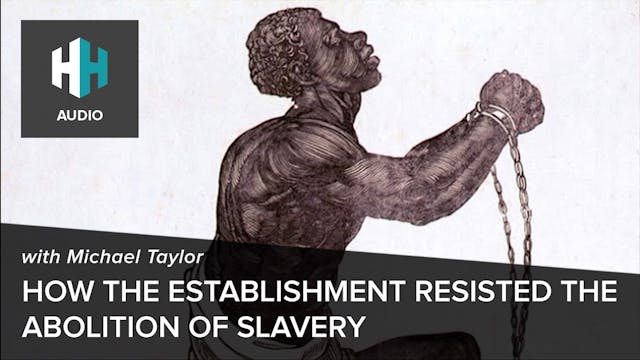Africa: The Unknown History of Humankind
Africa, Slavery and Empire
•
41m
Africa is the second largest continent in the world and is home to the second largest population; but it is second-to-none regarding its ethnic diversity. Throughout history Africa has been the home of many thousands of ethnological groups; the historic sites, places, cultures, kingdoms and civilisations that have inhabited the continent over many millennia are more numerous than any other. To this day, discoveries are still being made revealing more about the fascinating cultures of these peoples – from the early period of human history to as recent as the 19th century. Yet this is only the beginning; Africa’s great size means that there is so much history still waiting to be uncovered. For budding archaeologists wanting to be the next Indiana Jones, Africa is the land of opportunity. In this programme, Gus Casely-Hayford talks about various aspects of African history: the importance of African history and why it belongs to all of us, the various civilisations and their legacies, how Timbuktu became a centre of learning unlike any other, the need to continue building African cultural confidence in the wake of colonialism and the exciting future African archaeology has in store – just a few areas Gus discusses in depth in this interview. He brings to life why African history is so fascinating. Gus Casely-Hayford is an extremely successful curator, writer, broadcaster and an expert in African culture. Over the years he has presented several series on African culture for the BBC and is now the Director of the Smithsonian Museum of National African Art in Washington. This programme is a History Hit.TV original production, hosted and produced by Medieval historian and presenter Helen Carr. Aside from presenting and producing, Helen is a renowned Medieval historian currently writing, The Red Prince; John of Gaunt, Duke of Lancaster, and is studying for her PhD at Queen Mary University London.
Up Next in Africa, Slavery and Empire
-
Independence or Death: The Haitian Re...
The Haitian Revolution caused a seismic shift in global politics. When a mixture of different groups on the French colony of Saint Domingue rose against the colonists, few expected the rebellion to succeed. However, under the leadership of figures such as Toussaint L'Ouverture, Henry Christophe a...
-
🎧 Nelson and the Slave Trade
Vice Admiral Lord Horatio Nelson died at Trafalgar on 21 October 1805. Recently there has been considerable interest in Nelson's views on the slave trade and the plantation economy of the West Indies. A letter of Nelson's written months before his death in 1805 to the infamous Jamaican slave owne...
-
🎧 How the Establishment Resisted the ...
Historian Michael Taylor joined me on the podcast to discuss the resistance of the British establishment to the ending of the slave trade.



